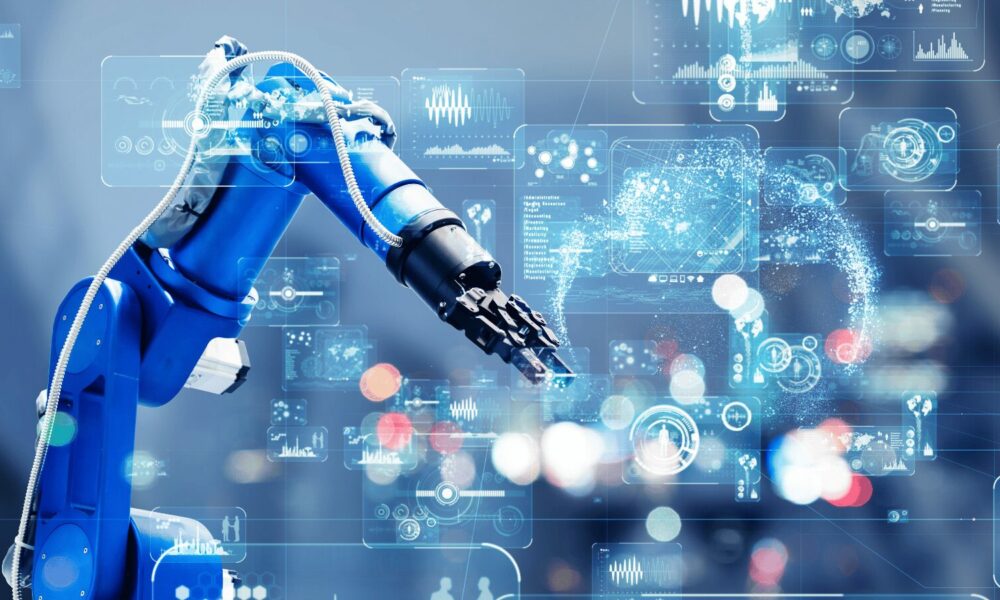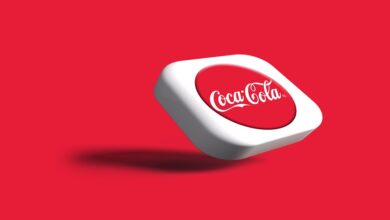Revolutionizing Drug Delivery: The Future of Training Devices

Key Takeaways:
- Advancements in technology have revolutionized drug delivery training.
- Simulation training offers a realistic and interactive learning experience.
- Virtual reality (VR) devices provide immersive drug administration experiences.
- Automation, intelligent devices, and real-time feedback systems are the future of training devices.
- Training devices enhance patient safety and treatment outcomes by reducing errors and improving adherence.
- Training devices optimize treatment efficacy by ensuring proper device utilization.
- Training devices play a crucial role in accelerating drug development and facilitating clinical trials.
- Integration of training devices enhances innovation and efficiency in healthcare.
With advancements in technology, the field of drug delivery training has witnessed a significant evolution. Traditional methods have gradually given way to simulators and virtual reality (VR) training devices, offering a more immersive and realistic learning experience. However, the future holds even more promising developments in the form of automated training, intelligent devices, and real-time feedback systems. These advancements not only enhance training for healthcare professionals but also have a profound impact on patient safety, treatment outcomes, and research and development in the pharmaceutical industry.
Breaking Down Traditional Methods
In the past, drug delivery training primarily relied on didactic lectures, printed materials, and hands-on practice with real medical devices. While these methods provided a basic understanding of drug administration techniques, they often lacked interactivity and real-world simulation. As a result, healthcare professionals faced challenges in translating theoretical knowledge into practical skills.
Recognizing these limitations, innovative training methods emerged, aiming to bridge the gap between theory and practice. Simulators, including drug delivery training devices, were introduced to mimic the experience of using medical devices and administering medications. These devices provided a safe environment for learners to gain hands-on experience and develop muscle memory.
Advancements in Simulated Training
In recent years, simulation training has gained popularity in the healthcare industry due to its ability to offer realistic and interactive learning experiences. Advanced simulators can replicate the exact functionalities of drug delivery devices, allowing healthcare professionals to practice various techniques and scenarios without the risk of harming patients.
Simulated training not only improves technical skills but also enhances critical-thinking and decision-making abilities. Learners can encounter different patient scenarios, such as emergencies or complications, and develop the necessary skills to handle such situations effectively.
The Role of Virtual Reality in Training Devices
Virtual reality (VR) has emerged as a powerful tool in drug delivery training. By creating immersive, three-dimensional environments, VR devices enable learners to experience drug administration in a highly realistic manner.
In VR training, healthcare professionals can interact with virtual patients, medical equipment, and medications. They can practice the correct handling of devices, learn about medication interactions, and even perform simulated injections or infusions. The ability to learn and make mistakes in a controlled environment fosters skill development and confidence.
The Future of Training Devices
Automating Drug Delivery Training
Automation is set to revolutionize drug delivery training by streamlining the learning process and ensuring consistent training outcomes. Automated training devices can guide learners through step-by-step instructions, providing real-time feedback on technique and accuracy.
These devices can track performance metrics, such as hand movements, speed, and force applied, and provide objective assessments to learners. By automating the training process, healthcare professionals can acquire proficiency faster and with greater precision.
Intelligent Devices and Personalized Training
Intelligent training devices leverage artificial intelligence (AI) algorithms to adapt to the needs and skill levels of individual learners. These devices can assess a trainee’s strengths and weaknesses and tailor training modules accordingly.
Personalized training programs ensure that learners receive targeted instruction on areas that require improvement, leading to more efficient learning. Intelligent devices can also track performance over time, providing insights into learning progress and identifying areas for ongoing development.
Enhancing Real-time Feedback for Error Correction
Real-time feedback systems play a vital role in training devices by providing immediate guidance and error correction. These systems use sensors and digital interfaces to detect and analyze a trainee’s actions in real-time.
Through visual cues, auditory prompts, or haptic feedback, learners can quickly identify errors in their technique and make corrections. Real-time feedback not only improves the accuracy of drug administration but also instills good habits and safe practices.
Impact on Patient Safety and Treatment Outcomes
Reducing Human Error in Drug Administration
Human error in drug administration can have serious consequences for patient safety. Training devices play a crucial role in reducing these errors by providing healthcare professionals with realistic practice opportunities and performance monitoring.
By honing their skills in a controlled environment, healthcare professionals can minimize the risk of medication errors, such as incorrect dosages or improper administration techniques. The use of training devices significantly enhances competency and confidence, leading to safer drug administration practices.
Improving Patient Adherence and Compliance
Poor patient adherence and compliance to medication regimens are significant challenges in healthcare. Training devices can play a role in addressing these issues by improving patient education and engagement.
Healthcare professionals can use training devices to demonstrate proper medication administration techniques to patients and their caregivers. This hands-on approach helps patients better understand how to correctly take their medications, leading to improved adherence and treatment outcomes.
Optimizing Treatment Efficacy through Training Devices
Training devices not only benefit healthcare professionals but also contribute to optimizing treatment efficacy. By ensuring healthcare professionals are well-trained in the appropriate use of drug delivery devices, these devices enable the safe and effective administration of medications.
Proper technique and device utilization can maximize medication absorption, distribution, and therapeutic effect. Training devices help address potential barriers to treatment efficacy, such as injection anxiety or improper inhalation techniques, ultimately improving patient outcomes.
The Role of Training Devices in Research and Development
Accelerating Drug Development and Testing
Training devices play a crucial role in accelerating drug development and testing processes by providing realistic models for product evaluation. These devices enable pharmaceutical companies to assess drug delivery systems, optimize formulations, and evaluate the performance of new medications.
By simulating real-world conditions and patient scenarios, training devices allow researchers and developers to gather valuable data on drug efficacy, safety, and patient experience. This information helps streamline the development and regulatory approval processes, ultimately bringing new therapies to market more efficiently.
Facilitating Training for Clinical Trials
Clinical trials are essential for evaluating the safety and efficacy of new medications or therapies. Training devices can play a crucial role in facilitating training for healthcare professionals participating in clinical trials.
By providing a standardized and immersive training experience, these devices ensure that healthcare professionals are proficient in the correct administration techniques required for the trial. Uniform training across trial sites enhances data accuracy and consistency, leading to more reliable results.
Enhancing Innovation and Efficiency in Healthcare
The integration of training devices in healthcare promotes innovation and streamlines processes. By equipping healthcare professionals with the necessary skills and knowledge, these devices enable the adoption of novel drug delivery systems and therapies.
The efficient and effective use of training devices reduces the learning curve for healthcare professionals, allowing for the rapid implementation of new treatments. This enhances overall healthcare efficiency, improves patient care, and fosters a culture of innovation in the industry.
Read More From Techbullion





